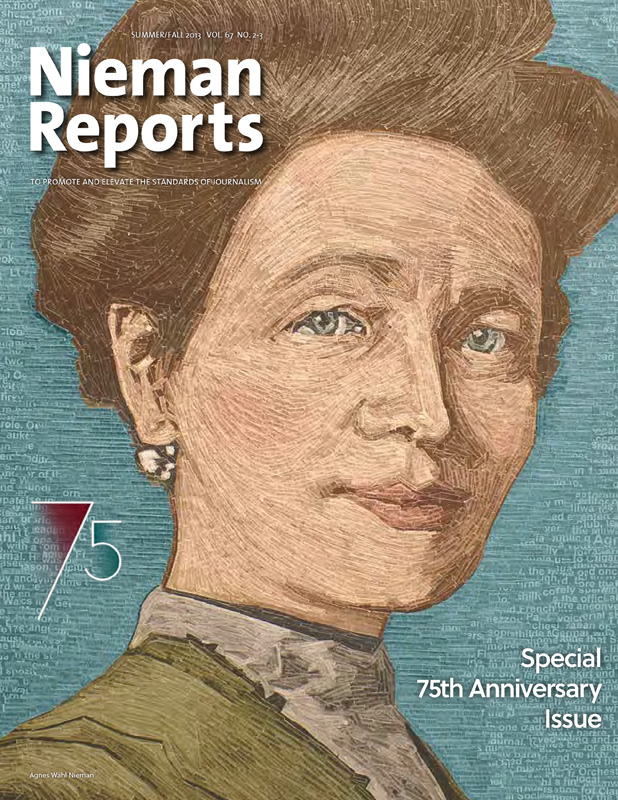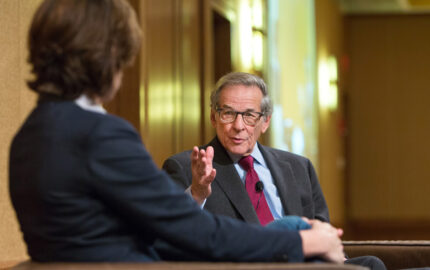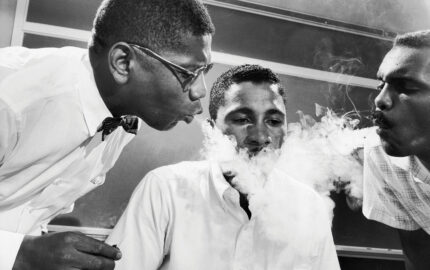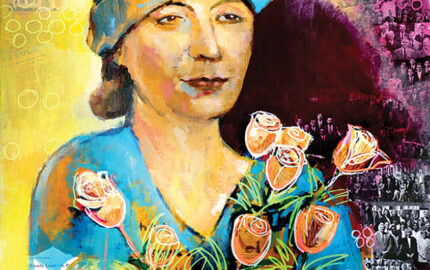Having launched and operated a number of cable television channels in Hungary, Horvát was named the nation’s ambassador to Cuba in 2006
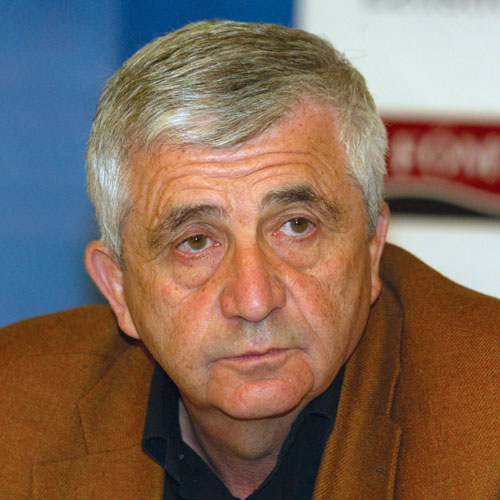
In 1975, Paul Ipper, the New York correspondent for Hungarian Public Television, told me about an interesting person he had met: James C. Thomson Jr., curator of a journalism fellowship at Harvard who was interested in having a journalist from Eastern Europe in the program. I had never heard of the Nieman Foundation, but I sent in my application, which included my interview with Fidel Castro, conducted over a ping pong match at Lake Balaton, Hungary. That September I found myself in Cambridge as the first Fellow from behind the Iron Curtain. My classmates promptly nicknamed me “Mr. Why?” because I was always asking questions: How do I open a bank account? How do I apply for a telephone line? But my biggest question was: Which courses to select?
Jim wanted me to discover the eccentricities of this brave new world. A month in, he took me out for dinner. He was wise, human, warm and open-minded. When it came to my classes, he said, “Your course is here—the United States, its life, its television, its press. That is the most useful way for you to use this Fellowship. Ask your questions, travel a lot, and open your eyes and ears!”
So I did. Everything I learned during the year I used later in my job as a reporter with Hungarian Television. That summer, I came back to the U.S. to cover the Democratic National Convention in New York City, becoming the first Hungarian correspondent to cover a U.S. political convention. One of my Nieman classmates, Peter Behr of The Washington Post, even assisted with interviewing candidates and pollsters. In 1989, a turbulent year of transition, I was appointed director of Hungarian Television Channel 2 and charged with leading it into a new era of democracy in Hungary. We began showing news every hour and developed a late-night program called “Napzárta” (“Deadline of the Day”), which was modeled on “Nightline” and became the first television program where all political parties could participate in a live discussion. In 2006, I was asked to serve my country as ambassador to Cuba. During my four years there, whenever Cuban scholars or participants in cultural exchange programs would ask what to do in my country, I gave the same advice I had once received: “Your course will be Hungary. Ask your questions, travel a lot, and open your eyes and ears!”
